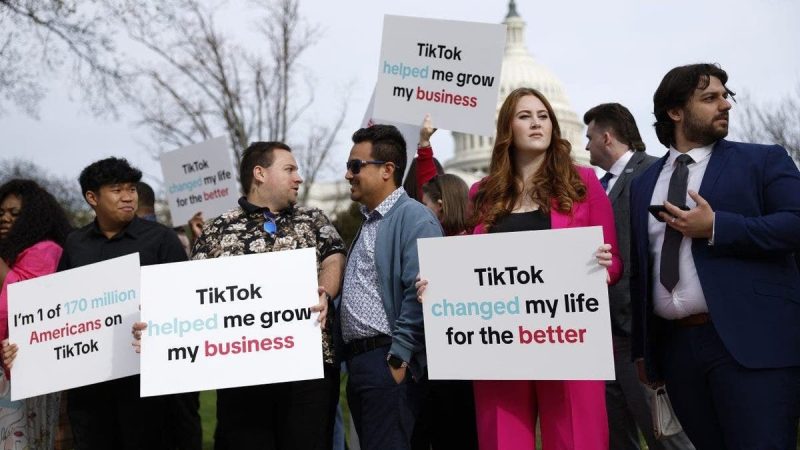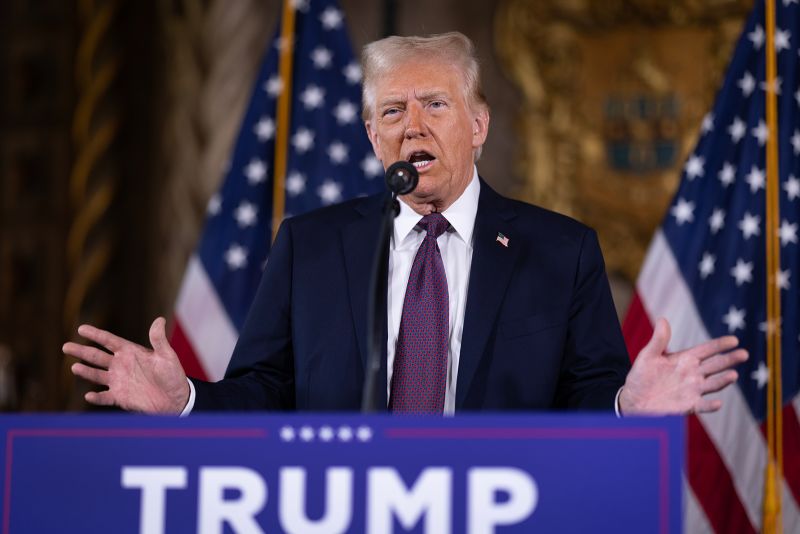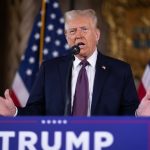TikTok makes its case to skeptical justices: ‘No valid interest’ in ‘preventing propaganda’
January 11, 2025
The Supreme Court is hearing oral arguments Friday morning over whether the social media platform TikTok should be required to divest from its Chinese-owned parent company or be banned in the U.S., in a highly watched case that pits concerns over national security against free speech protections. Justices both conservative and liberal appear skeptical of the social media app’s arguments.
Unless justices intervene, or TikTok’s owners agree to sell, the app will be barred from operating in the U.S. by Jan. 19.
Oral arguments center on the level of First Amendment protections that should be granted to TikTok and its foreign owner, ByteDance.
Noel Francisco, TikTok’s lawyer, told justices in oral arguments Friday that the U.S. government has ‘no valid interest in preventing foreign propaganda,’ and that he believes the platform and its owners should be entitled to the highest level of free speech protections under the U.S. Constitution.
Francisco told Chief Justice John Roberts that he believes the court should grant TikTok First Amendment protections because it is operating as a U.S.-incorporated subsidiary.
The TikTok attorney was also grilled over the Chinese government’s control over the app, and ByteDance’s control over the algorithm that shows certain content to users.
Asked by Justice Neil Gorsuch whether some parts of the recommendation engine are under Chinese control, Francisco said no.
‘What it means is that there are lots of parts of the source code that are embodied in intellectual property, that are owned by the Chinese government’ and which a sale or divestiture would restrict, he said. ‘It doesn’t alter the fact that this is, being operated in the United States by TikTok incorporated.’
This is not the first time the Supreme Court has grappled with whether or not full First Amendment protections should be extended to foreign speakers. In previous cases, they have ruled that speech by a foreign government or individuals is not entitled to the full protections.
The Biden administration, for its part, will argue that the law focuses solely on the company’s control of the app, which attorneys for the administration argue could pose ‘grave national security threats’ to Americans rather than its content.
Lawyers for the administration will also argue that Congress did not impose any restrictions on speech, much less any restrictions based on viewpoint or on content, and therefore fails to satisfy the test of free speech violations under the First Amendment.
The court’s decision could have major ramifications for the roughly 170 million Americans who use the app.
Justices agreed in December to hold the expedited hearing and will have just nine days to issue a ruling before the ban takes place on Jan. 19.
Oral arguments began shortly after 10 a.m. Stay here for live updates as the oral arguments unfold.









